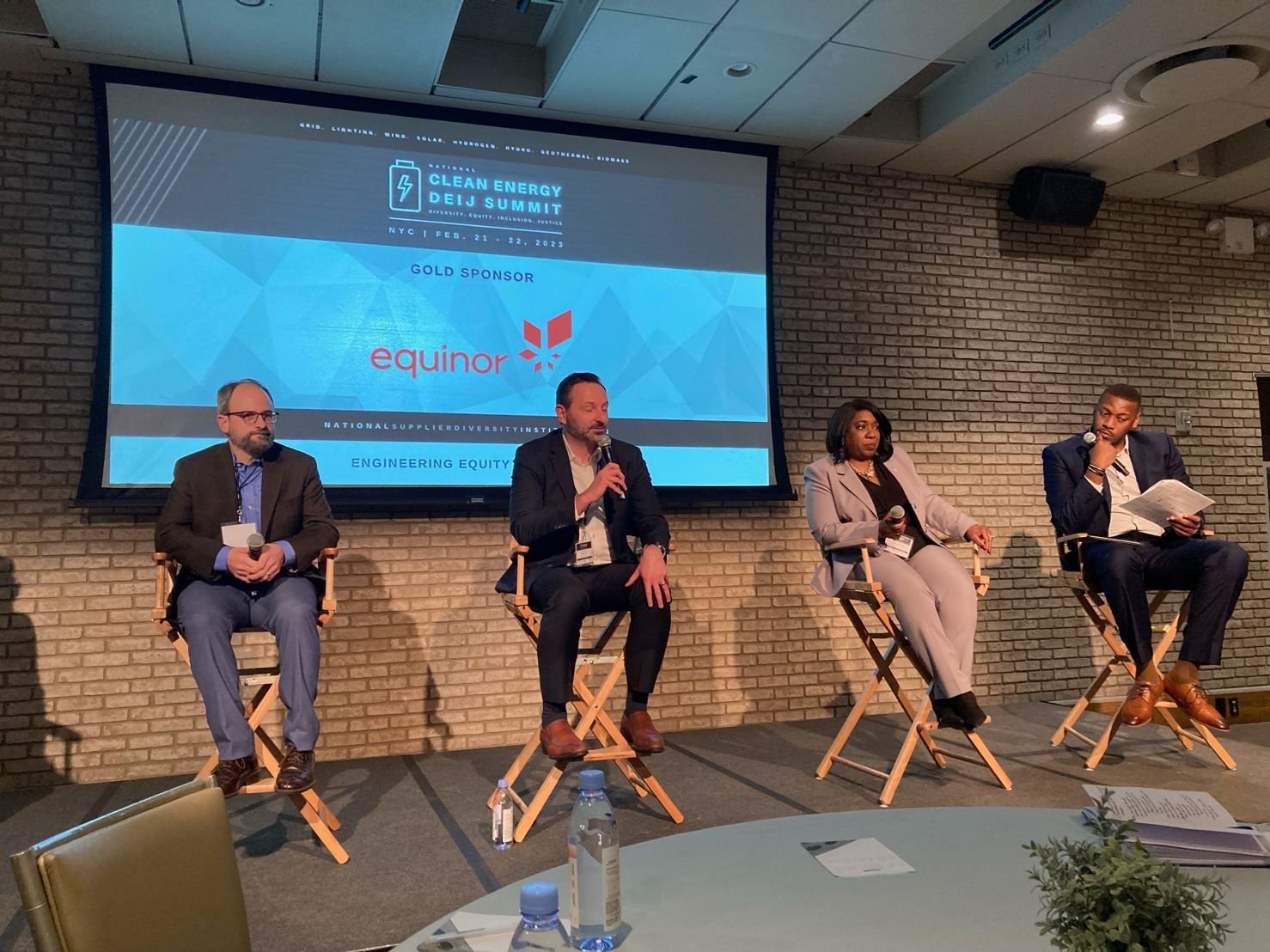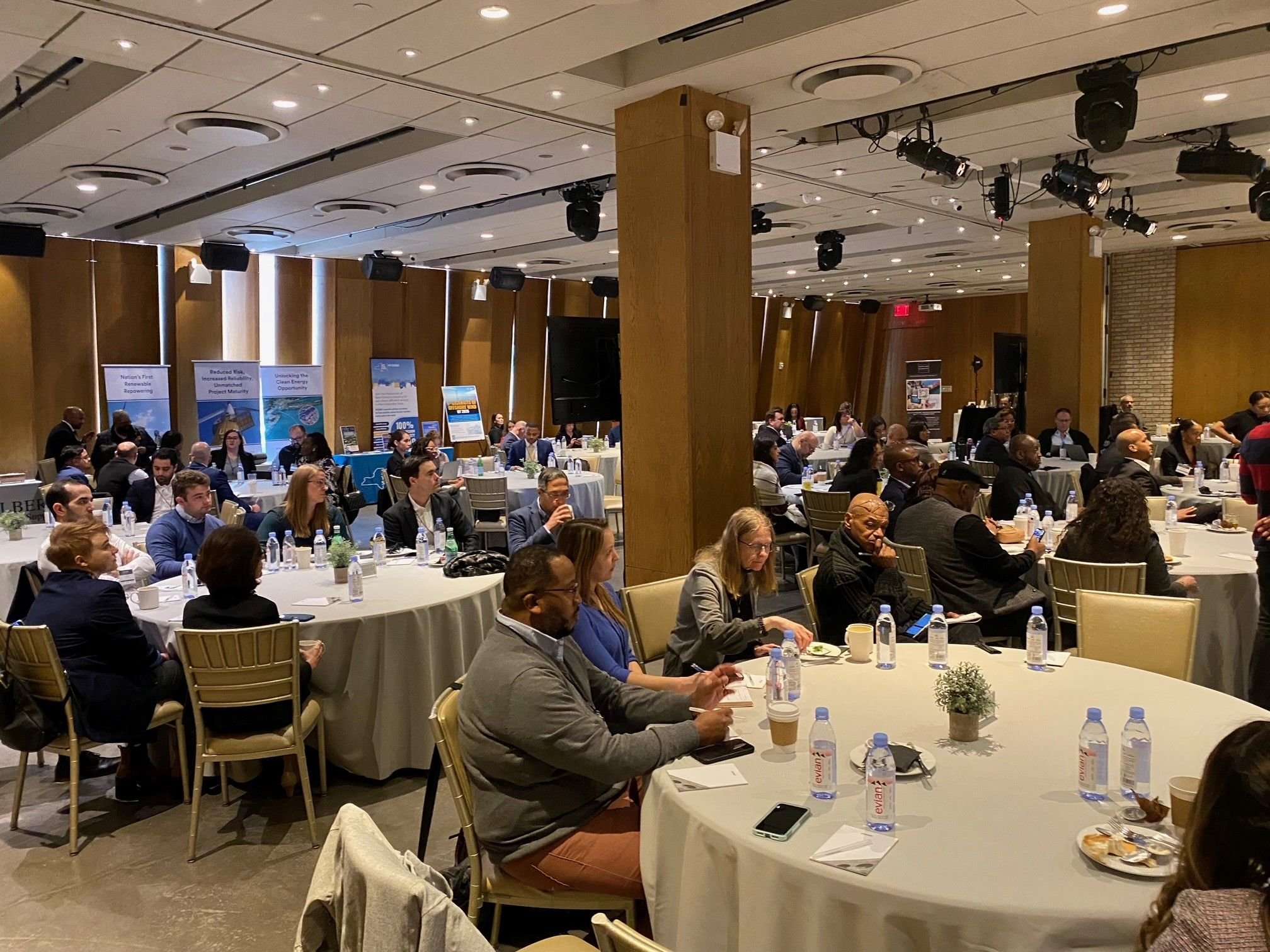Buyers
Developer, OEMs, Tier 1, Non-Profits, Academic Institutes and Government

Public and private supplier diversity/local mandates are growing at record numbers across the U.S. The ability to obtain and retain billions of dollars in contract, grant, and community investment opportunities for all levels of stakeholders requires measurable utilization of small/diverse businesses and meaningful collaboration with underrepresented communities. As a Buyer (developer, OEMs, tier 1, non-profit, academic institute or government) is your organization:
Not prepared with it’s own supplier diversity/local content strategy and deployment to be awarded and keep contracts and grant opportunities.
Looking to reach more stakeholders to elevate your existing and growing supplier diversity/local contact public profile.
Join the National Supplier Diversity Institute Buyers Network. Benefits Include:
-
Contract and grant opportunities
News
Events
Success Stories
Community benefits
Much more
-
-
Did You Know? Supplier Diversity/Local Content Benefits:
-
Implementing supplier diversity/local content requirements stimulates economic development by ensuring that a significant portion of the investment and job opportunities associated with offshore wind projects benefit local communities. It encourages the growth of local industries, including manufacturing, construction, and services, leading to the creation of new jobs and the development of a skilled workforce.
-
By mandating a certain percentage of project components, equipment, and services to be sourced locally, supplier diversity/local content requirements generate employment opportunities for the local workforce. This not only reduces unemployment rates but also helps retain talent within the region, attracting skilled workers and preventing brain drain.
-
supplier diversity/local content requirements drive the establishment and expansion of a domestic supply chain for all industries.
Industry Example-Offshore Wind: This involves developing local manufacturing capabilities for wind turbine components, cables, foundations, and other related equipment. By nurturing a robust supply chain, the industry becomes less reliant on imports, enhances energy security, and reduces logistical complexities.
-
Implementing supplier diversity/local content requirements can facilitate technology transfer and knowledge exchange between international companies and local firms. This collaboration can lead to the adoption of innovative practices, the development of advanced technologies, and the improvement of local industry competitiveness. It encourages local companies to invest in research and development, fostering innovation.
-
Supplier diversity/local content requirements promote community engagement and support for industry. By involving local businesses, labor unions, and communities in the development and implementation of these projects, it helps address concerns related to job opportunities, economic benefits, and environmental impact. This collaborative approach enhances public acceptance and mitigates potential opposition, leading to smoother project implementation and long-term sustainability.
-
Local content requirements contribute to the long-term growth and sustainability of the U.S. offshore wind industry. By fostering a self-sustaining ecosystem of local suppliers, manufacturers, and service providers, the industry becomes more resilient and less susceptible to external market fluctuations. It also encourages continuous investment in local infrastructure and workforce development, positioning the U.S. as a global leader in offshore wind technology and expertise.





